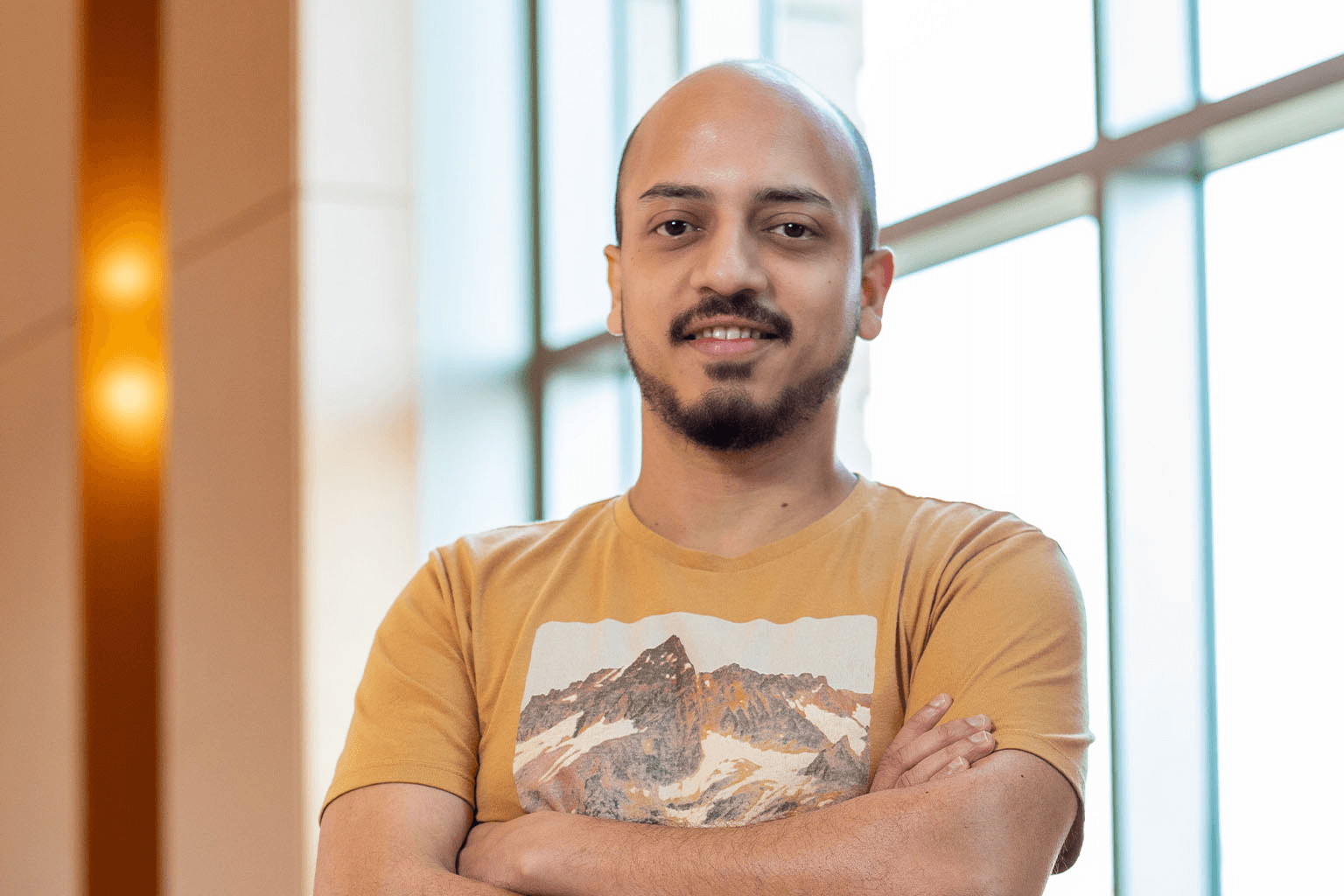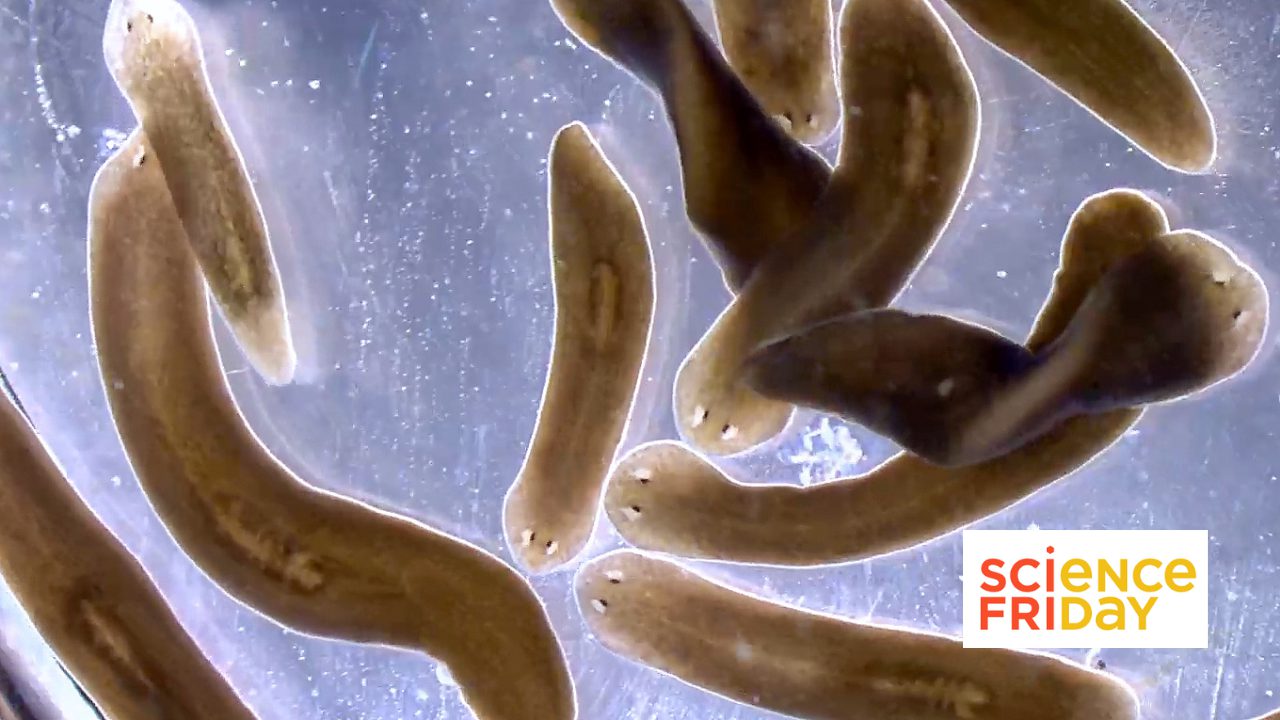In The News

07 January 2026
Investigator Kamena Kostova, named ‘Cell Scientist to Watch’
From the Journal of Cell Science, Investigator Kamena Kostova named a 'Cell Scientist to Watch'
Read Article
News
Q&A with Tathagata Biswas: "In science, there is no such thing as a stupid question."

What is your current research focus and why?
I study the blind Mexican cavefish, which are an incredible example of adaptation to extreme environments. In the caves, where there is no light and a limited supply of food, these fish have thrived through a multitude of evolutionary adaptations. I explore how the 3D genome organization shapes the evolution of cavefish traits and sculpts the molecular underpinnings of their resilience to starvation and hyperglycemia.
Growing up, what career did you want to pursue?
As a kid, I read a ton of astronomy and history literature and wanted to be either an astronomer or a historian. I’m still quite a history buff!
When and how did you become interested in a career in science?
I majored in Electronics and Instrumentation Engineering as an undergrad in India. However, it was while I was working as a software engineer at Accenture that I realized I also wanted to explore basic science. I decided to pursue a Ph.D. and got accepted into the Bioengineering department of Indian Institute of Technology Kanpur in India. It was during my Ph.D. in developmental biology in Amitabha Bandyopadhyay’s lab that I knew I would stick to science for a long time!
What made you decide to join the Rohner Lab at the Stowers Institute?
I met Nicolas Rohner, Ph.D., at a Gordon Research Conference. During his talk, I was amazed by the cavefish and the incredible opportunity to explore so many developmental, evolutionary, and metabolic questions with this unique research organism. Nick invited me to visit the Stowers Institute for a week after this meeting, and I was blown away by the resources and support available for science here. I knew I had to join the Rohner Lab!
What is your favorite non-research related memory at the Stowers Institute so far?
I think I would forever show off my medals from the Kansas City Corporate Challenge! A gold in table tennis doubles, a silver in men’s volleyball, and a bronze in the 4x400m relay!
What is your favorite thing to do in Kansas City?
I love my weekends around the Plaza. Also, an occasional walk or run in Loose Park is very calming.
Where do you see yourself in 10 years?
I see myself doing science in a way where I can inspire others around me, especially younger individuals and newcomers to the field, to be fearless in pursuing science as a career.
What advice do you have for other people curious about a career in science?
In science, there is no such thing as a 'stupid question,' and in one's career, the answer is always a 'no' unless you apply, try, ask, or reach out.
To read more Postdoc Profiles, click here.
In The News

07 January 2026
From the Journal of Cell Science, Investigator Kamena Kostova named a 'Cell Scientist to Watch'
Read Article
#Stowers25: Celebrating 25 Years
06 January 2026
Alejandro Sánchez Alvarado, Ph.D., reflects on a year of discovery, gratitude, and the community that helps support our mission.
Read Article
In The News

01 January 2026
From Science Friday, President and CSO Alejandro Sánchez Alvarado talks about the science of regeneration and the biology lessons we can carry into the new year.
Read Article
